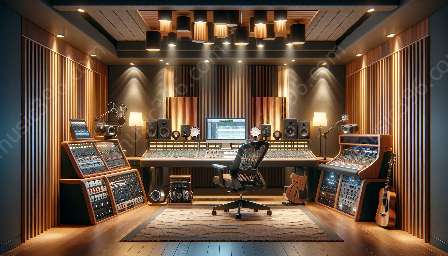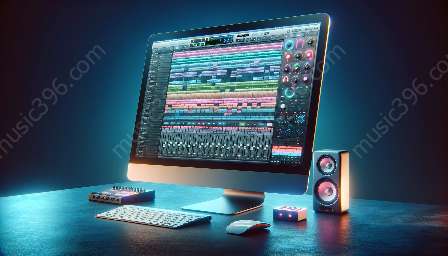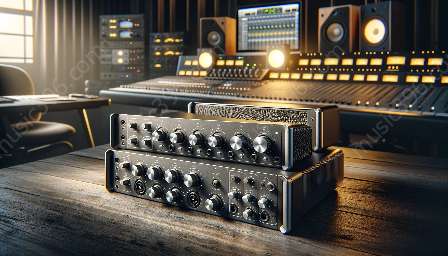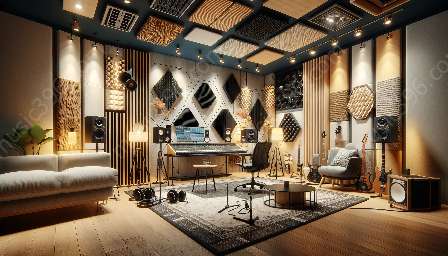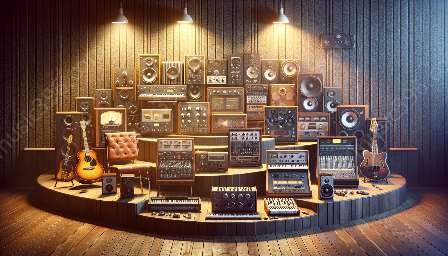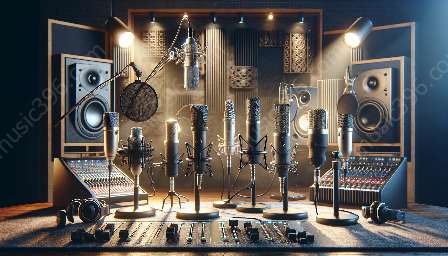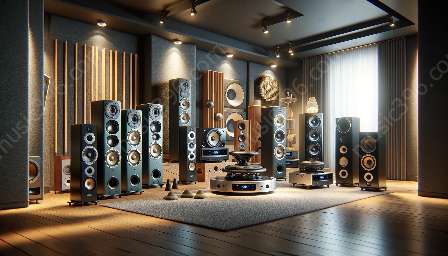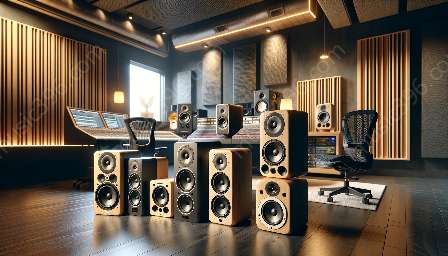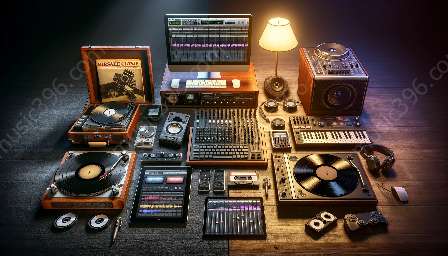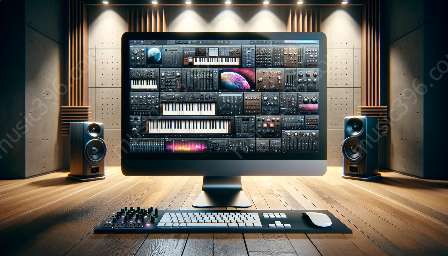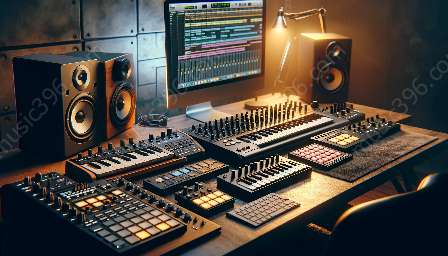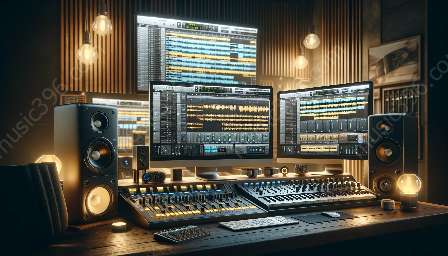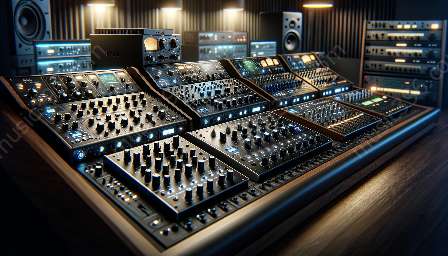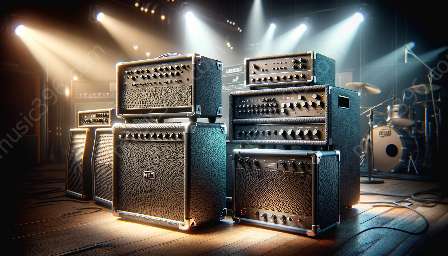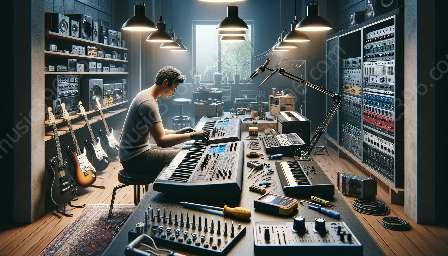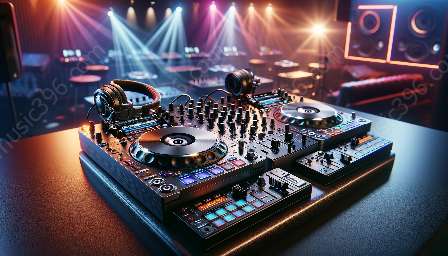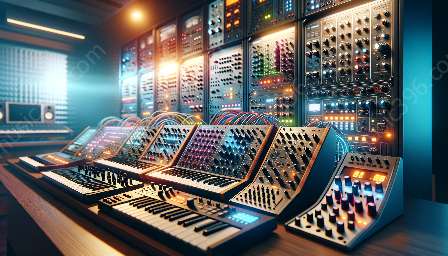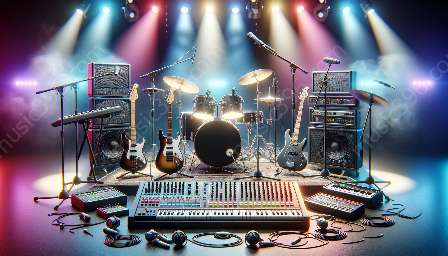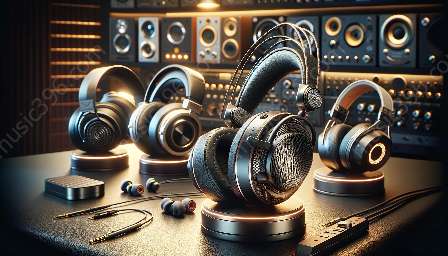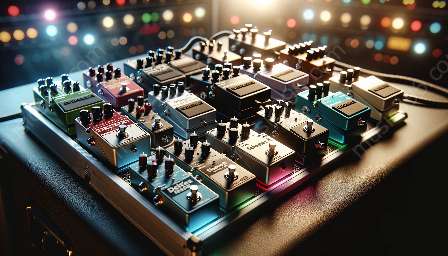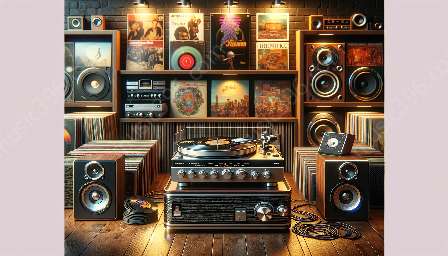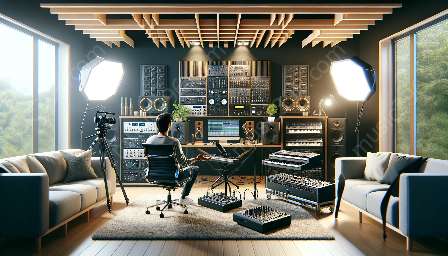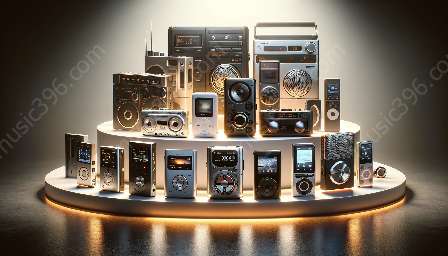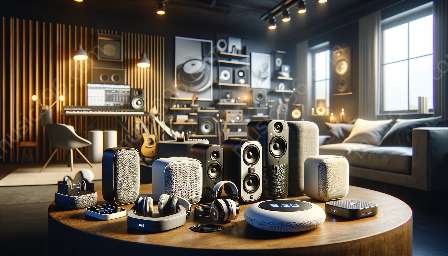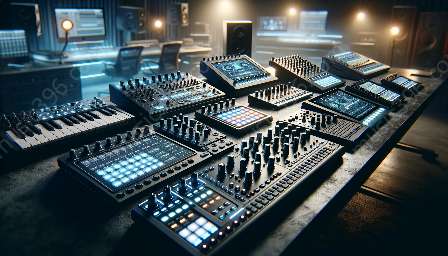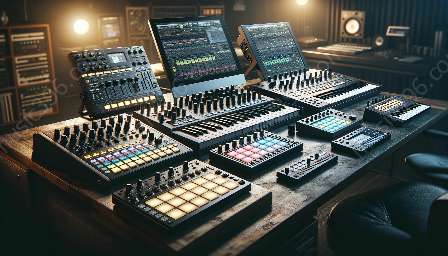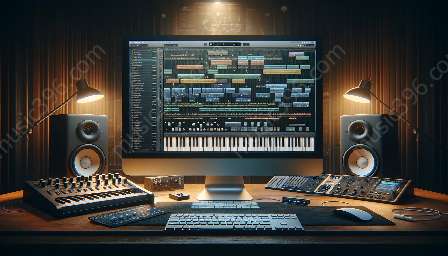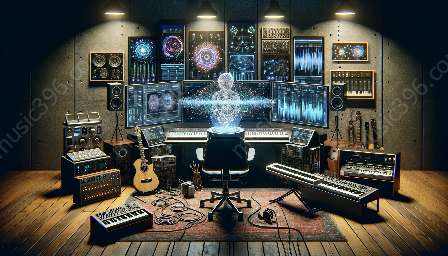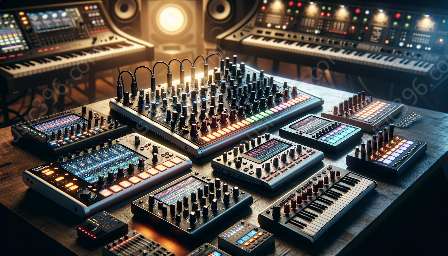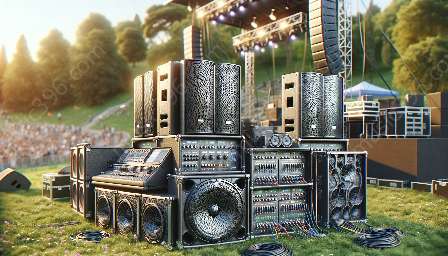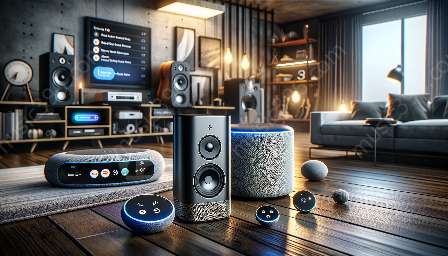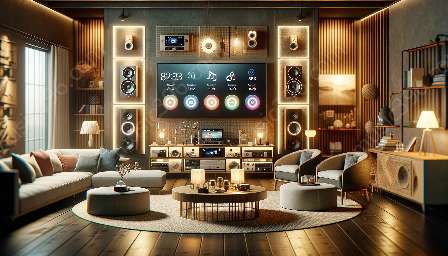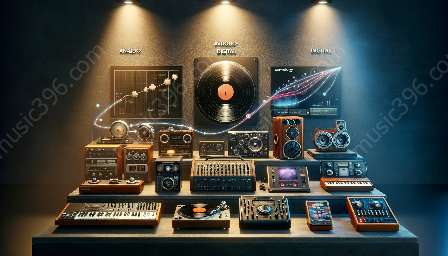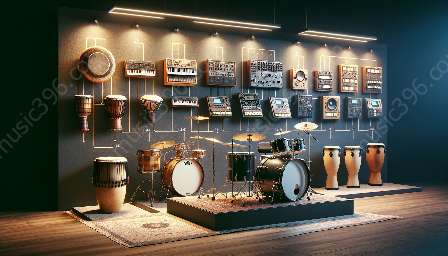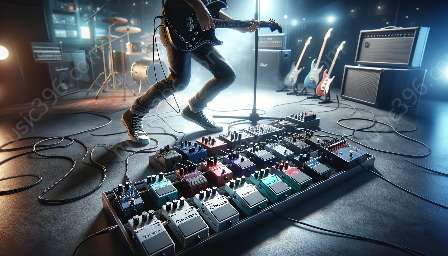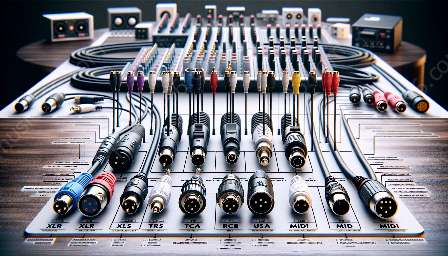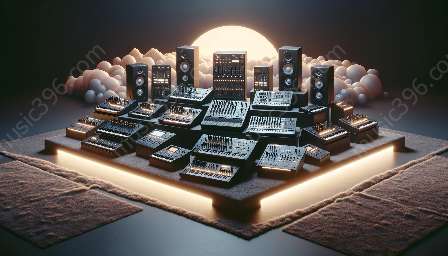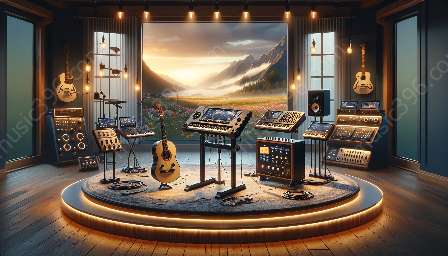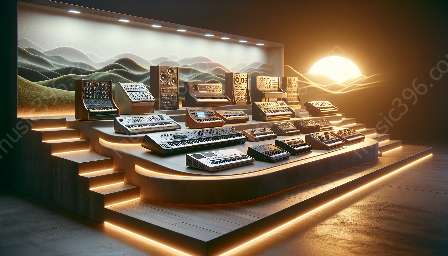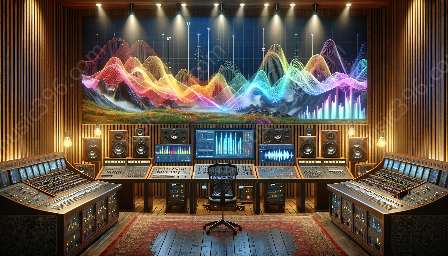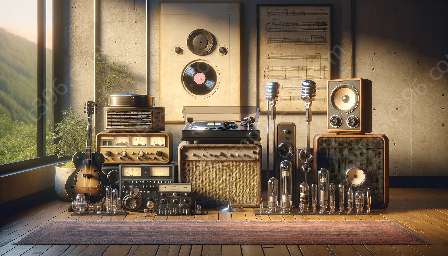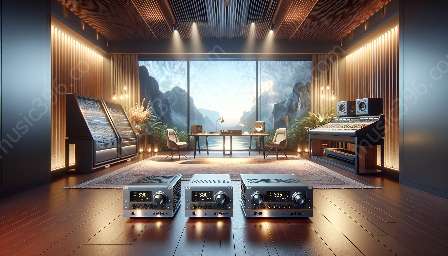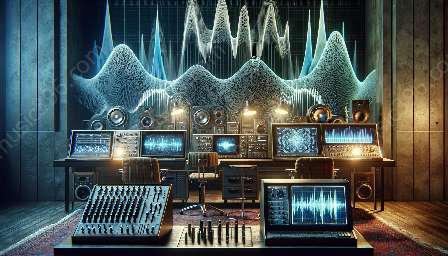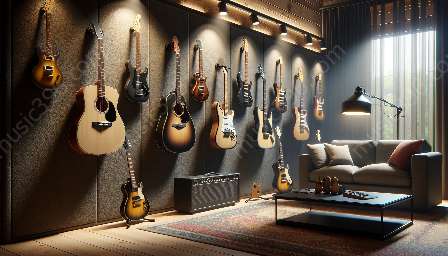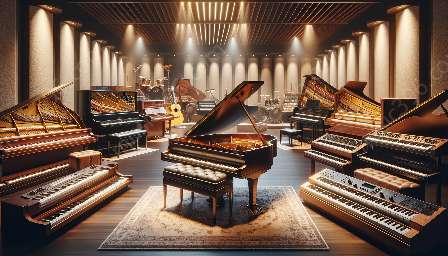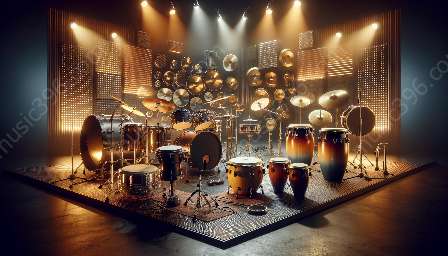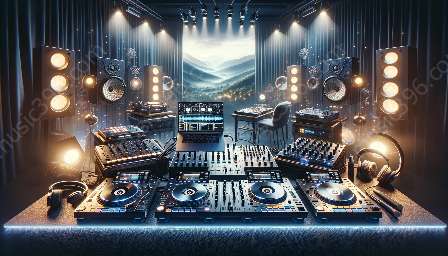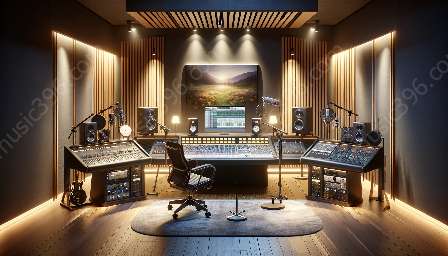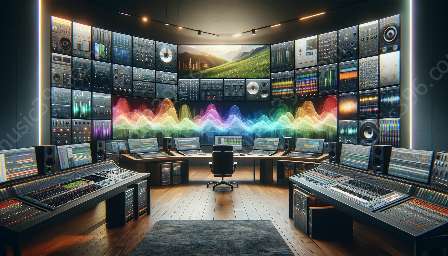The music industry heavily depends on electronic equipment and technology to produce high-quality sound. One of the essential aspects of maintaining this equipment is the preservation of its electronic components. This article explores the crucial role of power conditioners in preserving electronic components in music gear and their impact on music equipment and technology.
The Importance of Power Conditioners in Music Gear
Power conditioners are devices designed to protect electronic equipment from power fluctuations and disturbances. In the context of music gear, power conditioners play a critical role in safeguarding delicate electronic components found in amplifiers, mixers, synthesizers, and other musical instruments. These components are vulnerable to damage caused by power surges, voltage spikes, electromagnetic interference, and radio frequency interference.
By providing a stable and clean power supply, power conditioners help extend the lifespan of electronic components in music gear. They also contribute to the overall performance and reliability of the equipment, ensuring consistent sound quality and reducing the risk of malfunctions during performances or studio recordings.
Benefits of Using Power Conditioners
Using power conditioners in music gear offers several benefits:
- Protection Against Power Surges: Power conditioners are equipped with surge protection capabilities, which shield the connected equipment from sudden increases in voltage. This is particularly important in live music settings where power surges can be common.
- Noise Filtering: Many power conditioners feature built-in noise filtering technology, which helps eliminate electromagnetic and radio frequency interference, resulting in cleaner audio signals and reduced background noise.
- Voltage Regulation: Fluctuations in voltage can be detrimental to electronic components. Power conditioners regulate the incoming voltage, ensuring a consistent and stable power supply to the connected music gear.
- Enhanced Equipment Longevity: By safeguarding electronic components from power-related damage, power conditioners contribute to the longevity of music gear, reducing repair and replacement costs over time.
Impact of Power Conditioners in Music Equipment and Technology
The integration of power conditioners in music equipment and technology has had a significant impact on the industry. Musicians, audio engineers, and studio producers rely on power conditioners to maintain the integrity and performance of their electronic gear.
In live sound applications, where musical performances take place in diverse venues with varying electrical systems, power conditioners provide a level of insurance against power irregularities. This is crucial in ensuring that audio equipment, including amplifiers, mixers, and signal processors, operates reliably and delivers consistent sound quality regardless of the venue's power infrastructure.
Additionally, power conditioners play a vital role in recording studios, where precision and clarity are paramount. By mitigating electrical disturbances and providing clean power, power conditioners contribute to the quality of studio recordings and help capture the nuances of musical performances without interference.
Conclusion
Power conditioners play a pivotal role in preserving electronic components in music gear by shielding them from power-related issues and ensuring a stable power supply. The benefits of using power conditioners, including protection against power surges, noise filtering, voltage regulation, and enhanced equipment longevity, have made them indispensable in the music industry. As music equipment and technology continue to evolve, power conditioners will remain essential for maintaining the reliability and performance of electronic gear in various musical settings.

